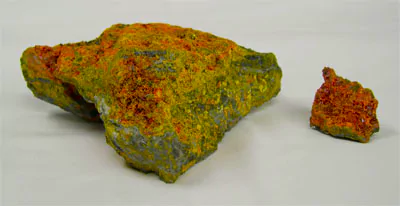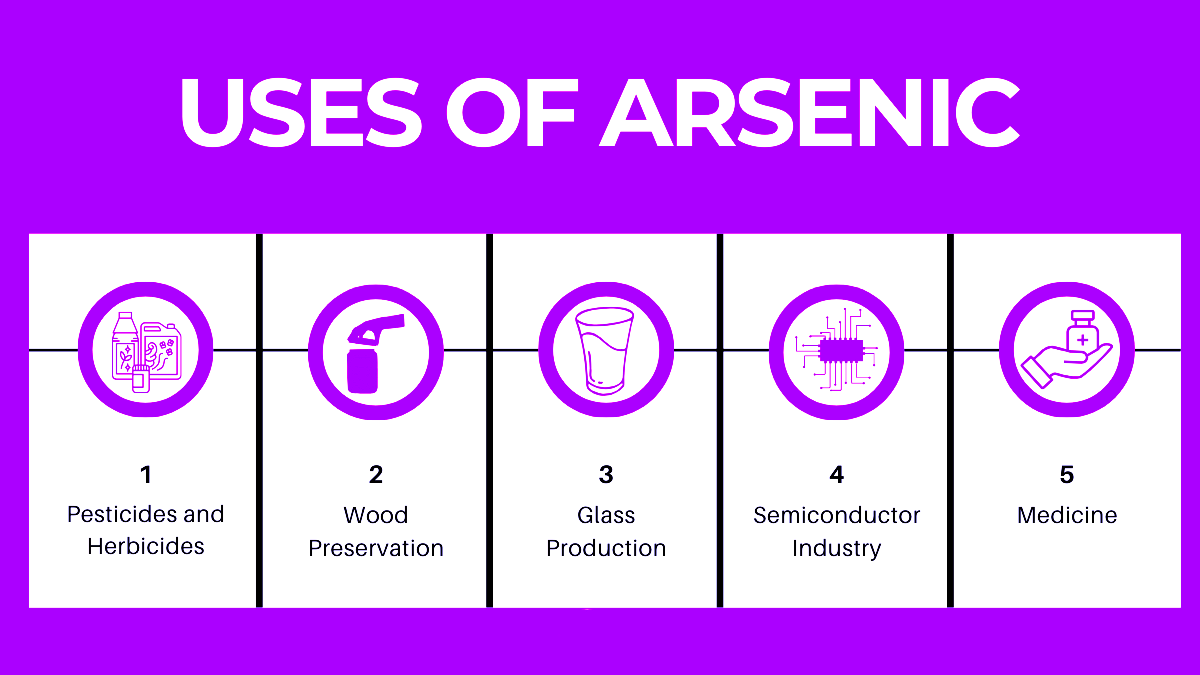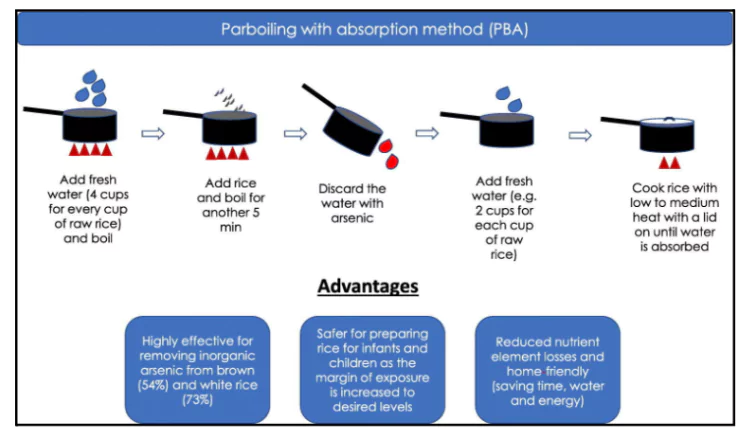![]() 23 Mar 2024
23 Mar 2024
A recent study by the University of Sheffield has highlighted the risks of using water contaminated with arsenic to cook rice.

 Cancer (like skin, lung, bladder, and kidney cancer), heart diseases, and diabetes.
Cancer (like skin, lung, bladder, and kidney cancer), heart diseases, and diabetes.Monitoring Drinking Water Quality
|
|---|

| Must Read | |
| NCERT Notes For UPSC | UPSC Daily Current Affairs |
| UPSC Blogs | UPSC Daily Editorials |
| Daily Current Affairs Quiz | Daily Main Answer Writing |
| UPSC Mains Previous Year Papers | UPSC Test Series 2024 |
<div class="new-fform">
</div>